
From the University of Pennsylvania School of Nursing: Healthy siblings of children with cancer should not be overlooked in family-centered care.

From the University of Pennsylvania School of Nursing: Healthy siblings of children with cancer should not be overlooked in family-centered care.
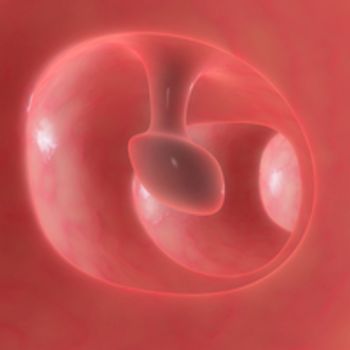
A recent study has found that the rates of colorectal cancer are rising in young adults.

For survivors of childhood cancer, survivorship programs can offer assistance for their families as much as for them.
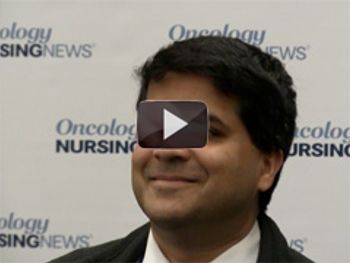
Dr. Ranji Bindra explains the delicate balance that must go into treating the parents of patients in pediatric oncology.

New Awareness and Funding Campaign Aims to Transform Global Research Efforts and Accelerate Clinical Trials for Pediatric Brain Tumor Patients

Children's Brain Tumor Foundation explains the importance of their research and programs.

Chase After a Cure is running a Thunderclap campaign on Sept. 15 and is asking people to be flashy for a good cause: awareness and funds for childhood cancers. - See more at: http://www.curetoday.com/articles/flashy-for-a-cause-raising-awareness-for-childhood-cancers#sthash.uyBvOZyJ.dpuf

Brain cancer has replaced leukemia as the leading type of cancer causing death among children.
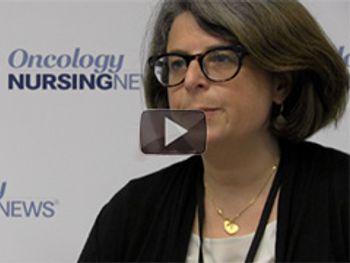
Jennifer Levine, MD, Columbia University Medical Center, discusses fertility issues that adult survivors of childhood cancer often face.
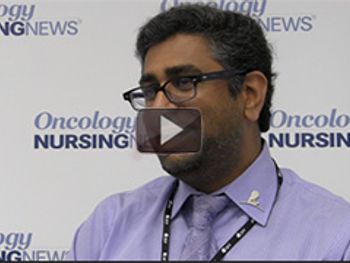
Nickhill Bhakta, MD, fellow at St. Jude Children’s Research Hospital, discusses some unanswered questions about late effects of adult survivors of childhood cancer.
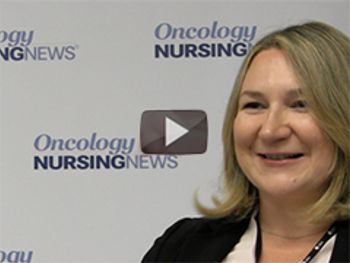
Olga Ivanov, MD, surgeon at the Florida Hospital Cancer Institute, discusses survivorship in breast cancer.
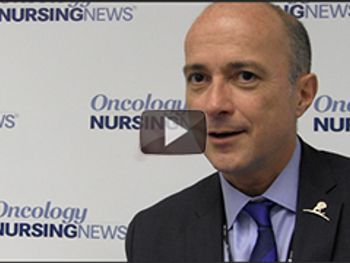
Carlos Rodriguez-Galindo, MD, chair of the Department of Global Pediatric Medicine and director of the International Outreach Program at St. Jude Children’s Research Hospital, and chair of the rare tumor committee at the Children’s Oncology Group, talks about the role rare cancer research has in advancing cancer care as a whole.
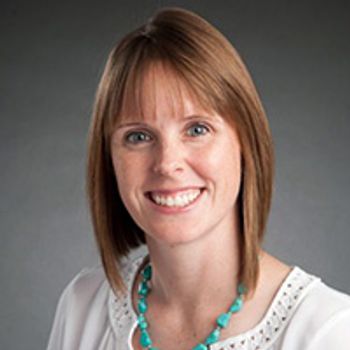
Despite survivors of childhood cancer doing well, psychosocially, issues could become more apparent later in life.

Despite some advances in treatment options for patients with sarcomas, researchers are still actively seeking to improve outcomes for pediatric, adolescent and young adult patients, a group particularly impacted by this diagnosis.

Nickhill Bhakta, MD, fellow at St. Jude Children’s Research Hospital, discusses disease burden on adult survivors of pediatric cancer.

Although survivors of childhood cancer are at an increased risk of developing second cancers later in life, a recently reported study found that they are actually less likely to receive the vaccine series aimed at preventing the human papillomavirus (HPV) which is linked to a number of cancers.

Carlos Rodriguez-Galindo, MD, chair of the Department of Global Pediatric Medicine and director of the International Outreach Program at St. Jude Children’s Research Hospital, and chair of the rare tumor committee at the Children’s Oncology Group, discusses treating rare pediatric cancers.
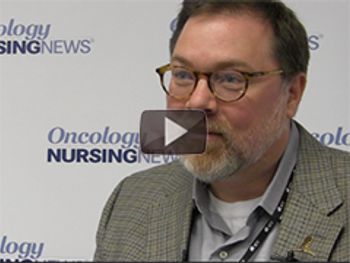
James L. Klosky, PhD, director or psychological services and cancer survivorship, St. Jude Children’s Research Hospital, discusses HPV-related complications, including cancer, for survivors of childhood cancer.

Jennifer Levine, MD, Columbia University Medical Center, discusses the effects of early menopause on survivors of childhood cancer.

Survivors of childhood leukemia who received chemotherapy involving high concentrations of methotrexate were found to be more likely to struggle with brain functionality in the long term.
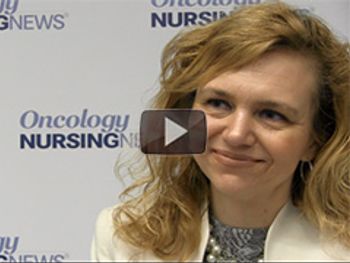

An intervention specifically aimed at reducing the trauma and anxiety that often comes with parenting a child undergoing hematopoietic stem cell transplant proved especially helpful for parents during the time of the actual transplant and subsequent hospitalization.


Chest radiation to treat a pediatric cancer is a well-known risk factor for getting breast cancer in adulthood, and research has now unearthed two specific genetic variants which may help to identify those survivors who are most at risk.
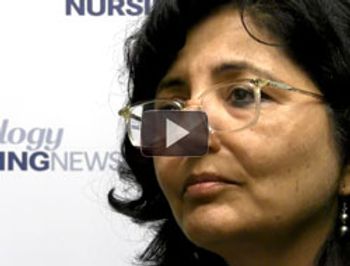
Smita Bhatia, MD, MPH, discusses the relationship between treatment for cancer and the development of other cancers.